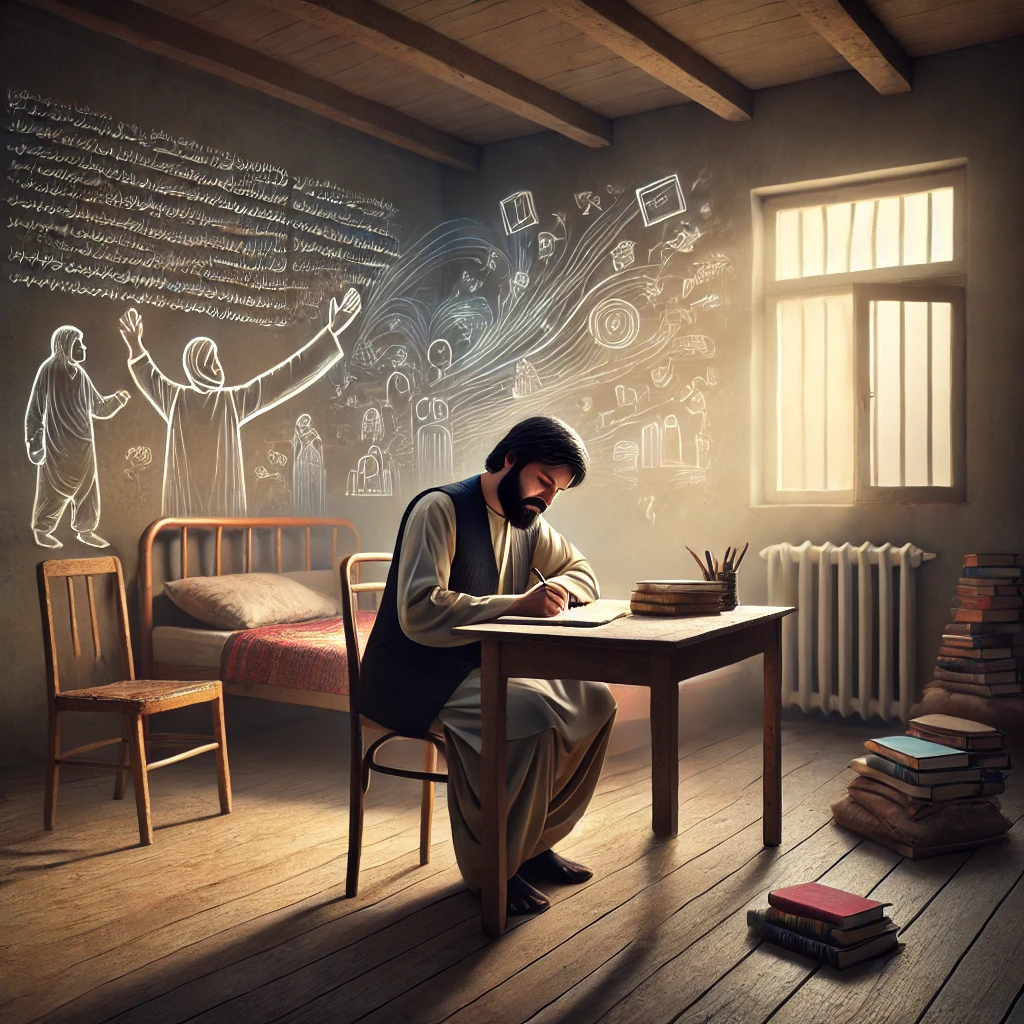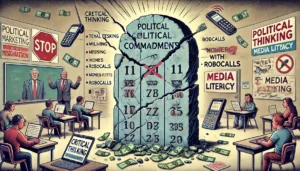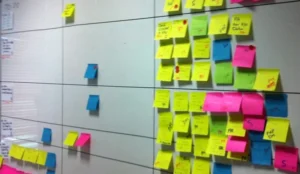by Jawad Arash | Indiana State University
My journey from teacher to writer began amidst the difficulties of hardships – social, financial, and personal – my wife and I faced during my doctoral program in India in late 2017. No one rented an apartment to me because first, I was from Afghanistan, second, I was Muslim, and then, I was not a vegetarian. Besides all that, a class I was so eager to take, the professor kicked me out it because I was a week late. These hardships, though discouraging oftentimes, became the source of hope that strengthened my passion for writing. I discovered that writing was not just about crafting words, but about offering myself and my readers a sense of hope, proof of the light at the end of the tunnel.
This experience as a teacher fundamentally shaped my understanding of hope and its transformative power. Every day in the classroom, we, as teachers, witnessed firsthand the inherent power of education. Teachers, I firmly believe, are not merely educators; they are architects of thoughts, minds, and ultimately, lives of their students and the community in which they serve. Dr. Atul Gawande, a surgeon, in a TED talk on requiring a coach on every step of your life as they are “your external eyes and ears providing a more accurate picture of your reality” (emphasis added). We are coaches – “the external eyes and ears.” We possess the remarkable ability to not only shape young minds but also to guide them towards becoming hopeful and responsible individuals. The success or failure of this endeavor significantly impacts the trajectory of our students’ lives. They carry the potential to become the best versions of themselves, or, if deprived of hope and proper guidance, they might stray down undesirable paths as we observe every day.
The transition from teacher to writer/teacher transformed my perspective on the universality of human struggles. I questioned my hardships every day. “Why me? Why us?” As a writer, I began to see myself as an educator in a different form, weaving narratives filled with relatable characters struggling with real-world challenges. Through the characters’ journeys, I aimed to offer not just dodging the hardships, but a reflection of the shared human experience and keeping the hope alive even the fatalist of times. My work leans towards “real-world fictionalization,” fictional stories with a strong grounding in reality, as I believe such narratives, and character experiences hold the power to inspire and influence positive action in the real world.
This profound shift in my perspective leads me to acknowledge, celebrate, and appreciate the endeavors of all teachers – the “frontline fighters” who tirelessly dedicate themselves to shaping the future of those around them. You are the silent storytellers or better put silent story-makers, engraving narratives of progress and growth within the very fabric of our communities. Your dedication deserves society’s deepest appreciation and unconditional support. However, the facts are the contrary. And should we feel tired, and/or should we abandon what we are doing? Of course, yes. That is the most realistic response. Nevertheless, being the storyteller/story-maker we need to feel the essence of the time. As frustrated as we might get, the light at the end of the tunnel is what should uphold us. That is when our skill of crafting and curating hope for collective growth is going to keep us persistent.
In conclusion, my transformation from teacher to teacher-writer stemmed from a desire to share hope and empower others. While the methods have evolved, the fundamental message remains constant: we all encounter challenges, but within each of us lies the potential to overcome them and create a brighter future. As teachers and writers, we share the responsibility of guiding and inspiring individuals, fostering hope, and ultimately, shaping a better inclusive world which is the urgent need of the time.




